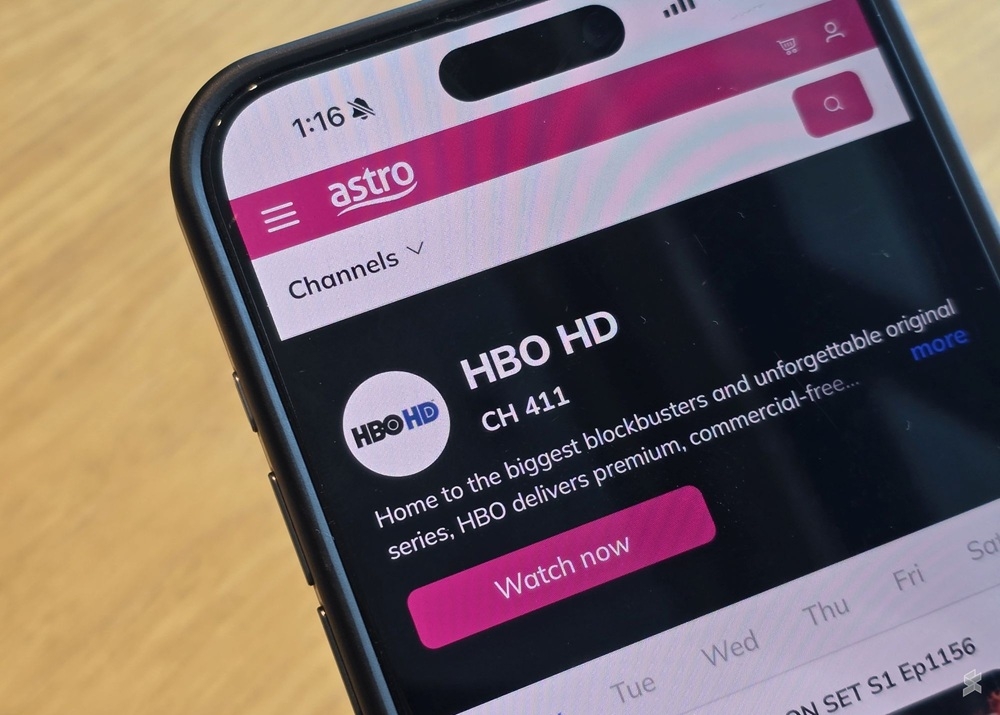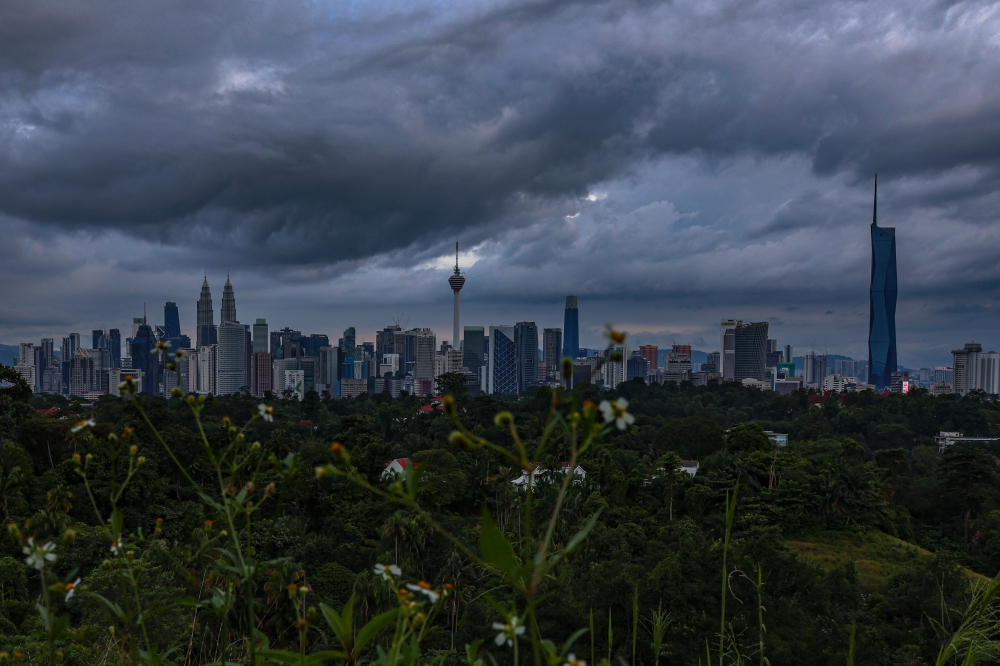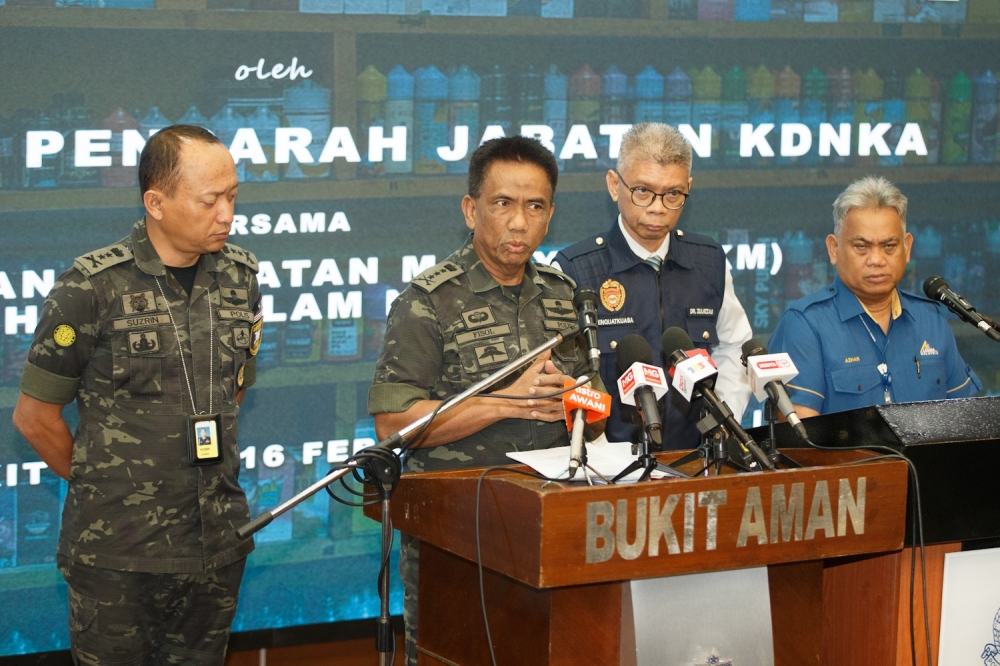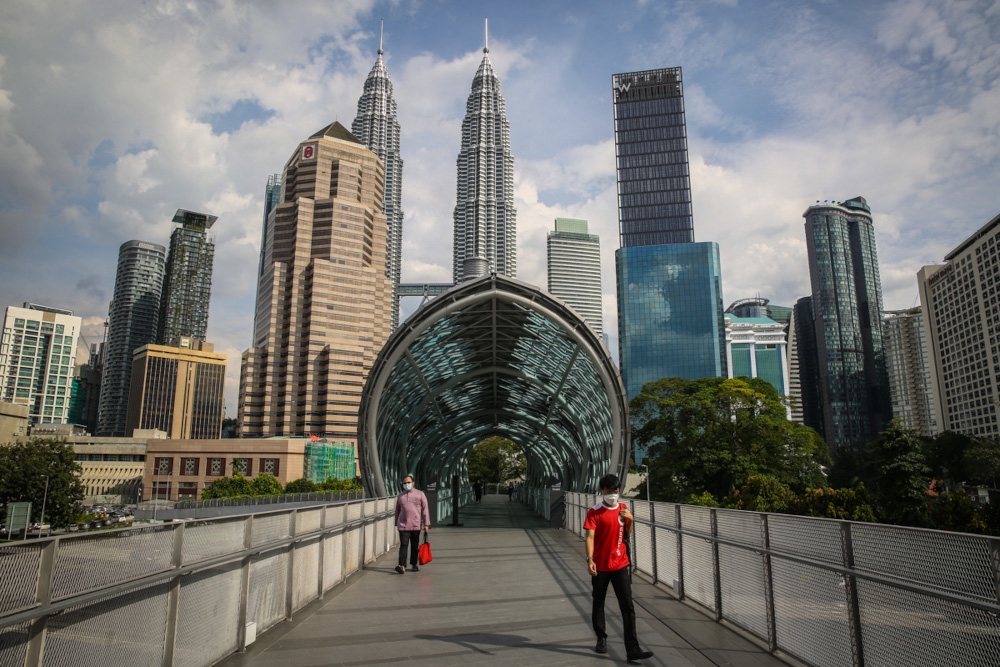JAN 16 — The Red Pencil protest on January 4 is more than a political struggle against repressive state legislature led by journalists and activists. It is about the basic right to information to be enjoyed by all and therefore it would be imperative to appreciate where the public is situated in this political struggle. The rest who are not dressed in red should care.
There are three main dynamic entities in the politics of journalism: the state, the professional journalist class, and the reading public. As the ongoing protest against state repression on press freedom in Malaysia continues, readers of the news might not fully appreciate why they should also demand greater press freedom than what is offered in the status quo and why.
We now live in the age of media saturation and excess of information. Lack of media freedom might not seem obvious to the average member of the public who can access the seemingly limitless content on the Internet. What we do not like in the mouthpieces of the government we can turn elsewhere for a different perspective. But this is not enough.
The extent of ministerial expenditure of tax-payer’s money and denial of the public’s right to know is currently a cause for contention. But there are other concerns that deserve the public’s scrutiny: the business deals struck between profiteering politicians and corporations, how much the royalty spends and on what, fraudulent food production practices, and the epic scale of environmental damage and exploitation of natural resources by local and transnational companies and the powers that be who benefit from them. These are but a few out of many pressing issues that the public must know with impartiality and balance.
One should consider beyond the parochial limits of Malaysian party politics and national borders concerning the politics of access to information. Post-Cold War spying and the NSA scandal have also demonstrated that data generated by ordinary users in the border-less ether of the Internet can be mined and exploited. As users, we are also complicit in giving away too much personal information online. The bottom-line is this: we live in a surveillance society where we as the public know little about how much governments and data-mining corporations know about us.
We should not kid ourselves into thinking that greater media freedom in Malaysia will mean that we will have neutral and objective coverage of the news. This will never happen. The professional journalist class and those who work within and for the media have the power to construct news for the public. They are the mediators between events and the public. With the privilege of selecting events for news coverage, they are the gatekeepers of what the public can know. Lack of neutrality in the news, however, does not necessarily diminish relative freedom of information.
The original conception of “the press” existed before newspapers and the professional journalistic trade. It began as pamphleteering and mass printing of ideas to the public, long before newspapers were controlled by the rich and powerful. The basic idea of the press analogous to pamphleteering exists today, in the form of blogging and tweeting. This is the reason why citizen journalism must also be protected from repression and not just professional journalism.
But is a truly free news media really ideal for the public? A truly free news media may indeed open up the news market to independent and alternative media outlets to flourish. In a liberal economy free from state restraint, owners and stakeholders of media outlets are free to define the tenor of their newspapers.
Who will regulate the impartiality and balance of the news media and their commitment to inform the public so that the reading public will be promised consistency and accountability? Is there really an “invisible hand” of the free news media market that will determine ideological equilibrium in news reporting for the public’s benefit?
We must not forget that professional journalism is also a commercial enterprise. Free media also means the freedom to further commercialise media. Media oligarchs are born in the free media market. How can we ensure that a free press regulates itself from the concentration of press ownership? These questions may be getting far ahead of what could actually happen in Malaysia but are nonetheless searching questions to bring to light. In a media culture so bogged down by repression we might not appreciate the value of regulation.
There is another debate that all who demand freedom of the press must engage in: the definition, purpose and extent of state secrets or classified information and the meaning of national security. Rather than during war and emergency when it is (sometimes) justifiably invoked, national security is an all too common reason for the protection of “state secrets” during peacetime and the most easily abused.
The reason why the Printing Presses and Publishing Act (PPPA) continues to exist in Malaysia underscores how central the media is to the consolidation of state power, ultimately undermining the citizenry’s freedom to be informed, to think, engage and criticise. It might appear that we live in an age of seemingly unlimited access to information and democracy of content production. But we continue to know less than political and corporate powers that become powerful by keeping what they know from us.






















